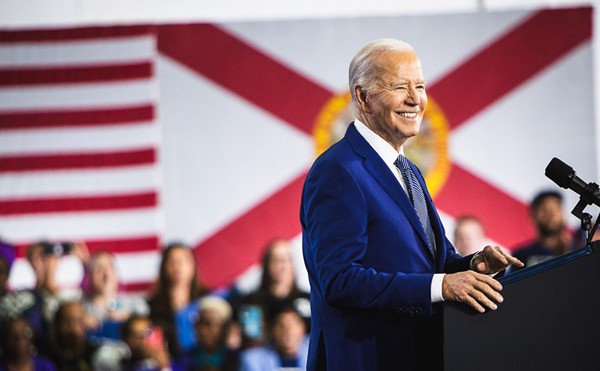Editor's note: This review is by William McKeen, Professor and Chair, University of Florida Department of Journalism. He is also the author of Rock and Roll Is Here to Stay, Highway 61 and Bob Dylan: A Bio-Bibliography. McKeen discusses his latest book, Outlaw Journalism: The Life and Times of Hunter S. Thompson, in this CL cover story.
Bootlegging started because of Bob Dylan. During his post-motorcycle-accident seclusion in 1966-67, he recorded home demos and sent them to his music publisher, hoping other artists would record the songs and bring some income into the growing Dylan household.
But bootleggers got hold of the tapes and The Great White Wonder was such widely available contraband that Rolling Stone reviewed it. Dylan eventually gave in, releasing The Basement Tapes in 1975, and seven volumes of “official bootlegs” in the years since. These collections mostly featured live performances, but in Tell Tale Signs, the eighth volume in the series, Dylan re-examines his AARP years.















